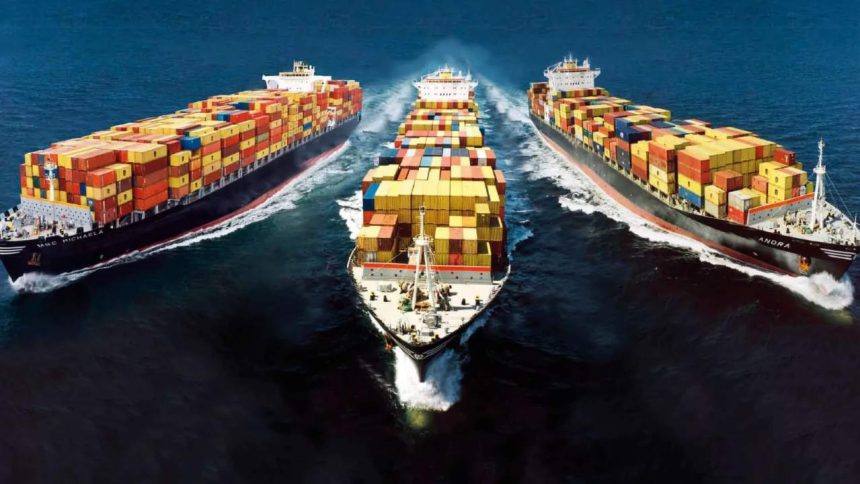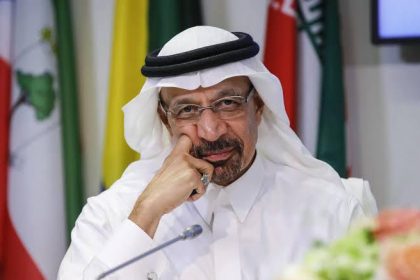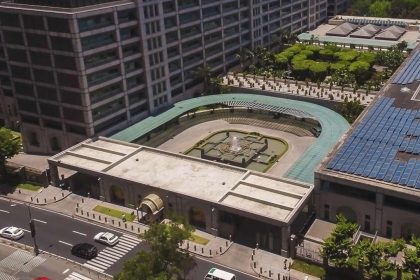The federal government is aiming for economic growth through the enhancement of Pakistan’s seaports and the shipping services provided therein.
Comments in this regard were issued by the Federal Minister for Planning, Development and Special Initiatives Ahsan Iqbal while addressing a meeting of the premier’s committee to address issues in this sector. He told the attendees about the potential of this domain in achieving prosperity and safeguarding the sovereignty of Pakistan.
He declared sustainability as the government’s top priority and noted that Pakistan needs foreign exchange to cope with the pressure on imports as the country pursued economic growth. He vowed to optimize Pakistan’s seaports, making them more efficient and competitive. This, he explained, would be done in collaboration with the private sector. He declared the government’s commitment to take the country among the top 50 countries with the fastest clearance at their ports.
Speaking about the latest International Monetary Fund (IMF) program, the federal minister said that it presented an opportunity that must be seized by the stakeholders as the country cannot afford any further periods of uncertainty or destabilization. It is worth mentioning here that various government functionaries have spoken about the need to get rid of the necessity of going to the international lender time and time again.
This year, Pakistan’s efforts to secure an IMF deal were supplemented by additional support provided by friendly countries such as China, Saudi Arabia and the United Arab Emirates. These countries provided financial assurances on top of the deal to roll over loans of $12 billion. This was disclosed by the international lender as it confirmed the $7 billion program that would continue for the next 37 months.
IMF has bailed Pakistan out 22 times since 1958. Despite successive governments’ tall claims about making their respective program the last program of the country, nothing significant has been done to date. Pakistan continues to rely on the IMF to avert sovereign default, and the crisis is worsening with every passing year.
Moreover, no government has meticulously undertaken the reforms required to help Pakistan escape this cycle of dependency. Consequently, with every program, the IMF attaches strict conditions, which are not only popular at the public level, but also curtail the country’s ability to provide relief to the masses.
Federal Minister for Finance Muhammad Aurangzeb, in an interview with Voice of America, said recently that Pakistan needed economic reforms to ensure that this IMF program is the last one for the country. He underscored the necessity for structural reforms to transform Pakistan into an export-led country. He also cited the necessity of bringing sectors outside of the tax net into the Federal Board of Revenue’s (FBR) fold. This way the burden on the salaried class would decrease as retailers, wholesalers and those working in the real estate sector would contribute equally to the state’s revenue, he added.
The finance minister highlighted how Pakistan’s tax-to-GDP ratio of 9 percent was simply insufficient for any country to stabilize its economy. To achieve its objectives, the government would impose restrictions on tax evaders by practically abolishing the notion of “non-filers”, he added. He highlighted that Pakistan had an undocumented economy of Rs9 trillion, and the data present with the government would enable it to bring tax evaders into the tax net without arresting them.












